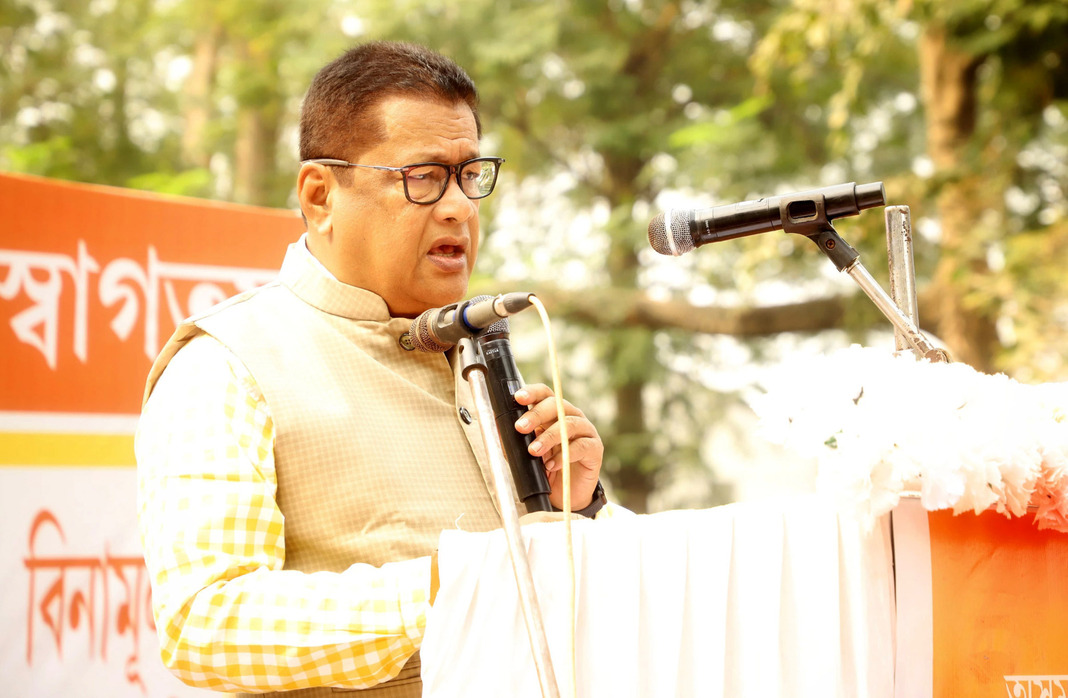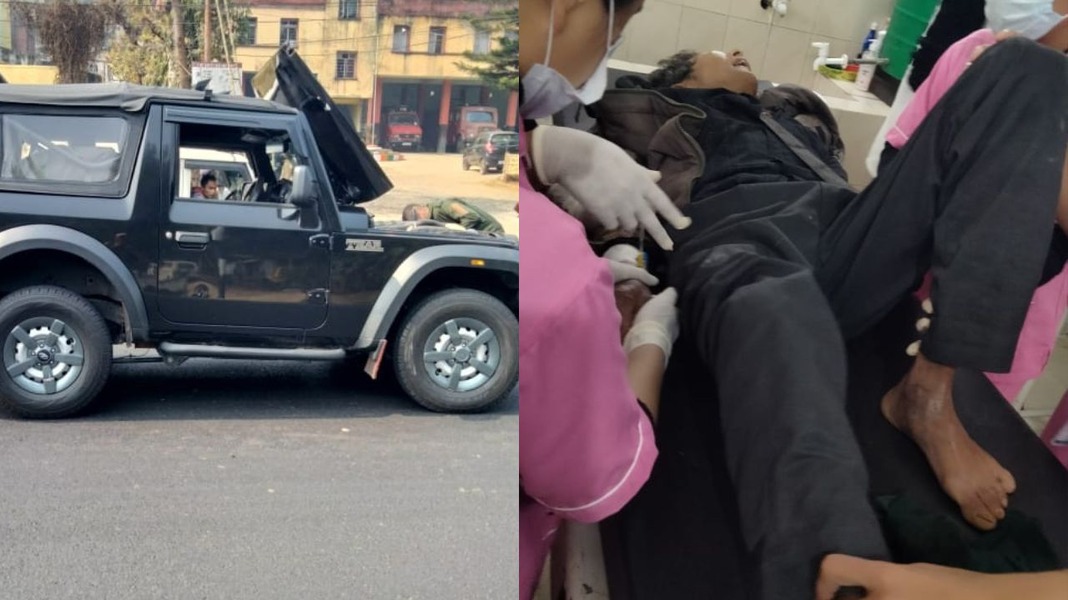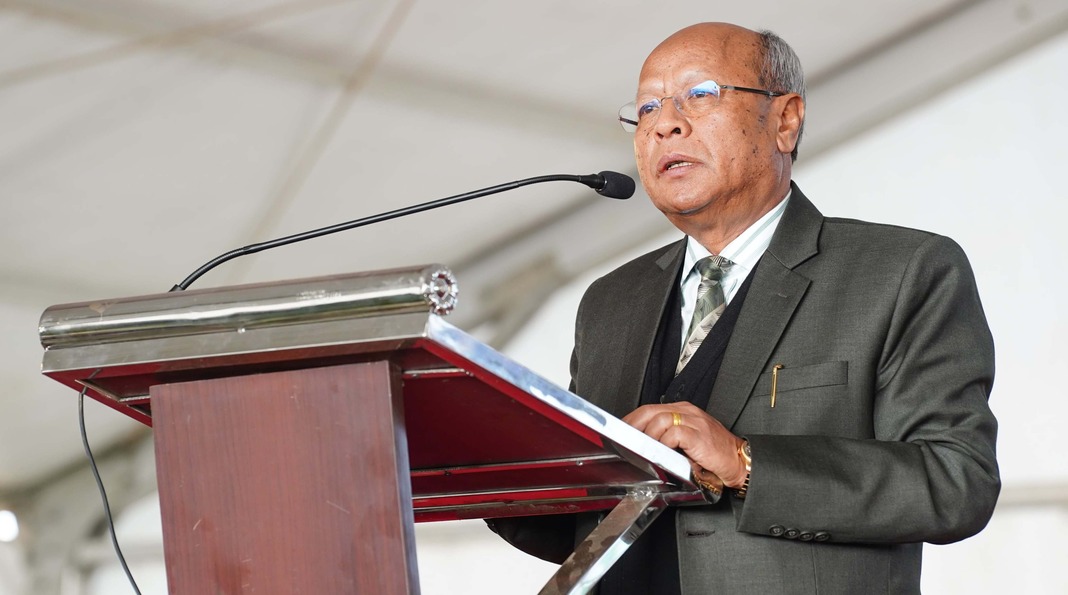Guwahati, Feb 11: After a gap of nearly two decades, moral studies has been reintroduced as a compulsory subject for Class VI in state schools under the National Education Policy (NEP) 2020, Education Minister Ranoj Pegu announced on Tuesday.
Initially available in Assamese medium, the textbook will soon be printed in other languages, including seven tribal languages, ensuring accessibility for a diverse student base.
Speaking at the flagging-off ceremony for free textbook distribution in Guwahati, Pegu revealed that the state government will distribute 3,41,78,581 free textbooks for the 2025-26 academic session under the initiative of the Assam State Textbooks Enforcement and Publishing Corporation.
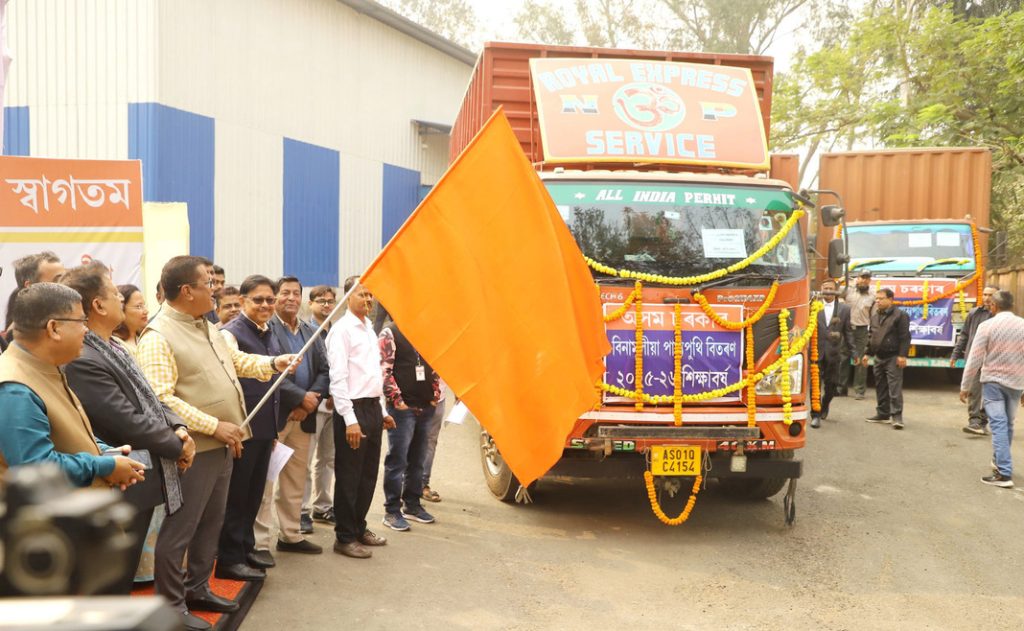
“This year, we have advanced the distribution process by a week for the benefit of students,” Pegu said.
Under the NEP framework, new textbooks have been introduced for Classes I to III at the primary level and Class VI. Over time, this initiative will extend to other classes as well. The government has allocated ₹181 crore for textbook publication.
While textbooks for Classes I to VIII are printed under the Sarva Shiksha Abhiyan (SSA), the state government funds textbooks for Classes IX to XII through the State-Owned Priority Development (SOPD) fund.
In a major step towards digital learning, Pegu announced plans to convert textbooks into e-textbooks and integrate them with audio-visual aids through QR codes within this academic year. “This initiative will also benefit teachers, making classroom learning more interactive,” he added.
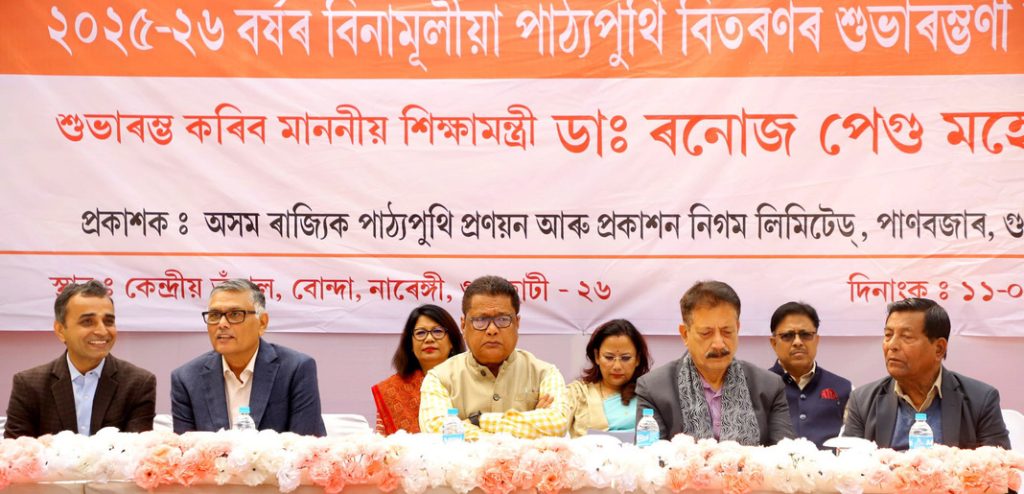
At another event organized by SSA at Assam Administrative Staff College, Khanapara, the minister distributed aids and appliances to Children with Special Needs (CwSN) from Kamrup, Kamrup Metro, and Morigaon districts.
The distributed aids included tricycles, wheelchairs, cerebral palsy chairs, crutches, rollators, braille kits, smart canes, smartphones, walking sticks, and hearing aids.
As part of Assam’s inclusive education initiative, a total of 9,260 assistive devices will be distributed to 6,464 CwSN beneficiaries across the state, including 3,828 boys and 2,636 girls.

